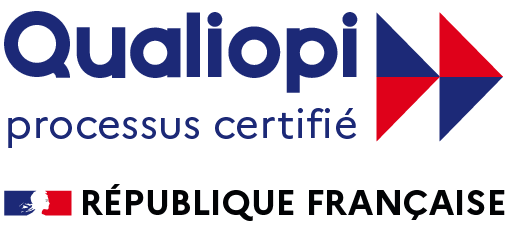Gift Giving in Business: Bridging Cultural Expectations and Compliance

Multinational companies face a significant challenge when working across cultures: how to strike a balance between being compliant and honoring cultural gift-giving norms in professional settings. Why is it such a challenge? What may be expected as a gesture of respect and goodwill in one culture could be considered bribery in another. Missteps can ultimately lead to a damaged company reputation, lost business opportunities, or even legal repercussions. Finding a balance between cultural expectations and compliance is a strategic imperative, but potential conflicts can feel completely overwhelming. With training and preparation, however, workforces can learn to navigate these scenarios with skill.
Cultural Gift-Giving Differences in Professional Settings
Gift giving has always been used in professional settings to show respect, build rapport, and lay the groundwork for meaningful business relationships around the world. Under the right circumstances, a carefully chosen gift can symbolize trust and partnership, opening the door to successful collaboration. Failure to understand cultural norms and expectations can result in costly mistakes. Below, we provide a few examples of varying gift-giving norms to illustrate the importance of cultural agility when doing business across cultures.
When Social Expectations Conflict with Anti-Bribery Regulations
What happens when a cultural expectation is in direct conflict with legal or regulatory compliance? Organizations need to be vigilant in recognizing how a simple misguided or misunderstood gesture can result in significant damage. They also need to find a way to reconcile the two opposing forces. To be proactive, we suggest adopting the following best practices:
Differences in Cultural Communication Styles
-
1. Take advantage of training programs.List Item 1
Give employees the tools they need by offering training programs on cultural etiquette, intercultural communication strategies, and anti-bribery compliance. Effective programs don’t just make employees aware of red flags that may cross ethical boundaries – they also provide intercultural training to help employees navigate any gaps between cultural expectations, compliance regulations, and business limitations. A skilled global services provider can assist. For instance, NetExpat offers one-hour cultural compliance sessions that address cultural compliance.
-
2. Monitor internal gift-giving policies regularly.
Because regulations evolve and differ from country to country, it’s important to make sure your organization evolves with them. Establish clear, robust internal policies for gift giving, especially across cultures – then conduct regular audits to make sure they're up to date and your employees are compliant.
-
3. Face differences head on.
Have proactive conversations with partners and prospects about any relevant differences in cultural norms and regulations, so you can set – and navigate – expectations. A conversation about what’s preferred versus permittable demonstrates transparency and shows mutual respect; working with a global services provider that specializes in intercultural training and agility is key to identifying these differences before they cause conflict.
-
4. Build relationships beyond gifts.
While differences regarding gifts and compliance can be difficult to navigate, establishing trust and respect outside of the gift-giving process helps to minimize conflicts and tension when differences around gift giving come up. Understanding cultural differences is important here, too, to ensure success – so work with your global services provider to learn about cultural differences regarding establishing trust and respect. These also vary from culture to culture. For example, making eye contact in one culture is crucial to establishing trust; in another, it can be a sign of disrespect. An experienced provider can help employees navigate cultural differences with skill and ease.
Compliance vs. Gift Giving: Bridging the gap through cultural agility
Building successful business relationships across cultures requires both awareness and adaptability – including behaviors around gift giving. Honoring both can be challenging, but with the right training, robust policies, and a commitment to understanding cultural differences, companies can transform potential challenges into strategic advantages – addressing any scenario that involves a conflict between cultural norms and regulatory boundaries.
For over 25 years, NetExpat has been a trusted and valued partner, providing guidance and global expertise to multinational businesses across the globe. For more information about how we can support your employees and business, contact us at
info@netexpat.com
Share this post
















